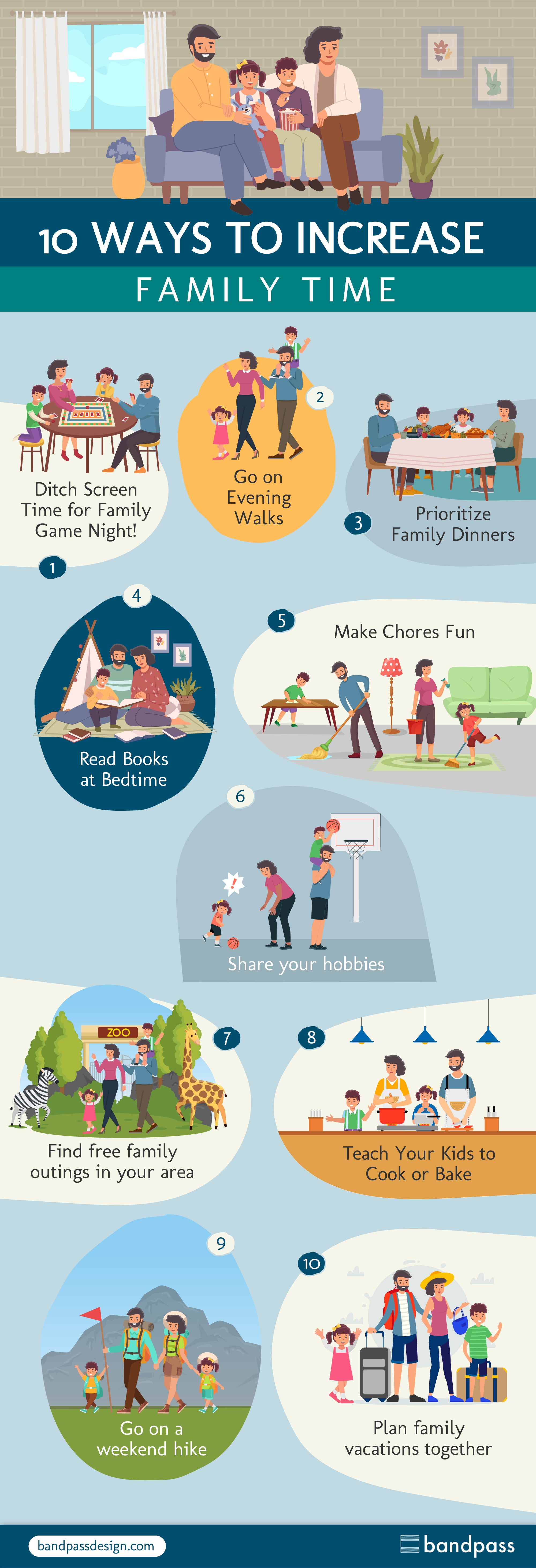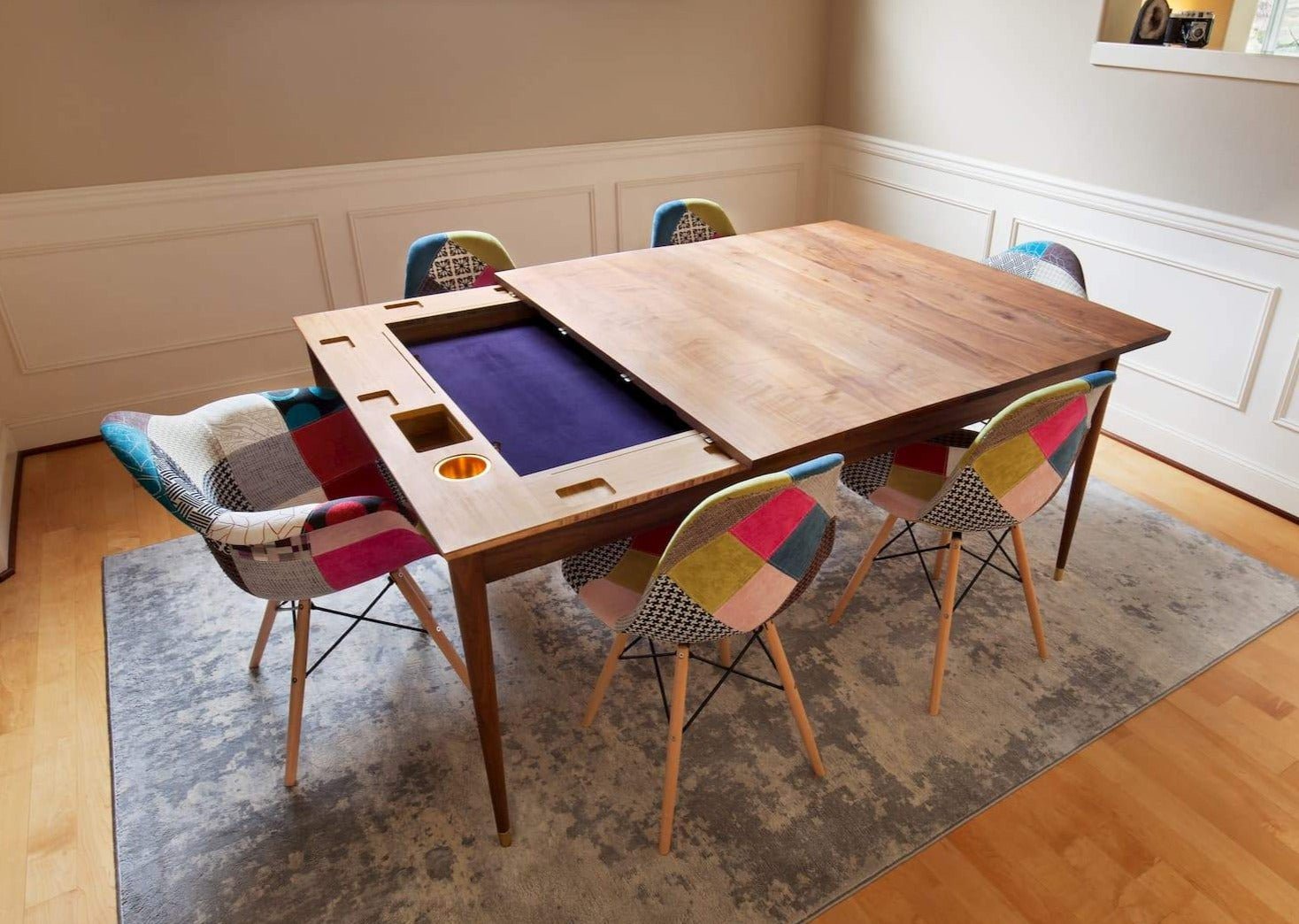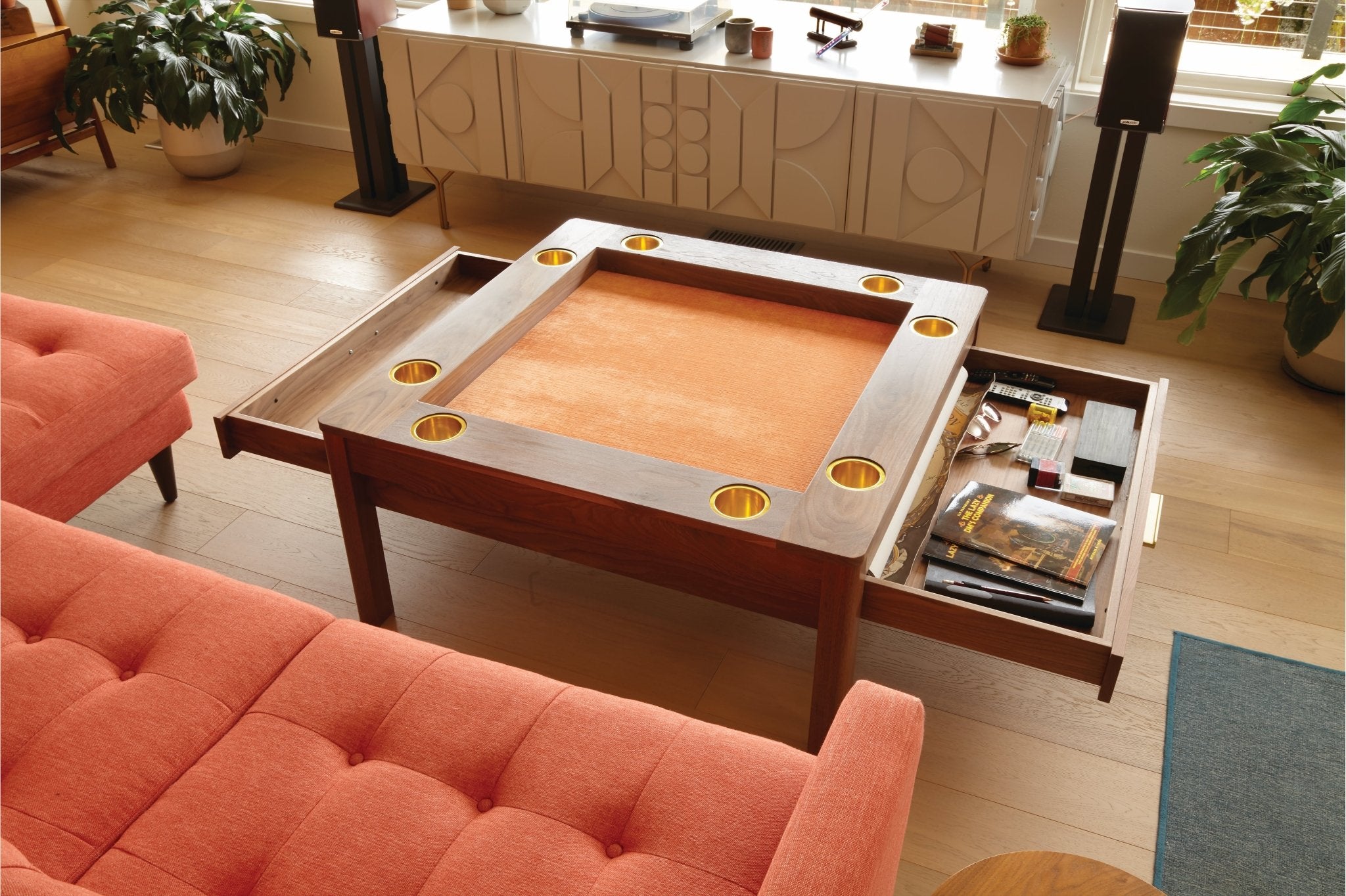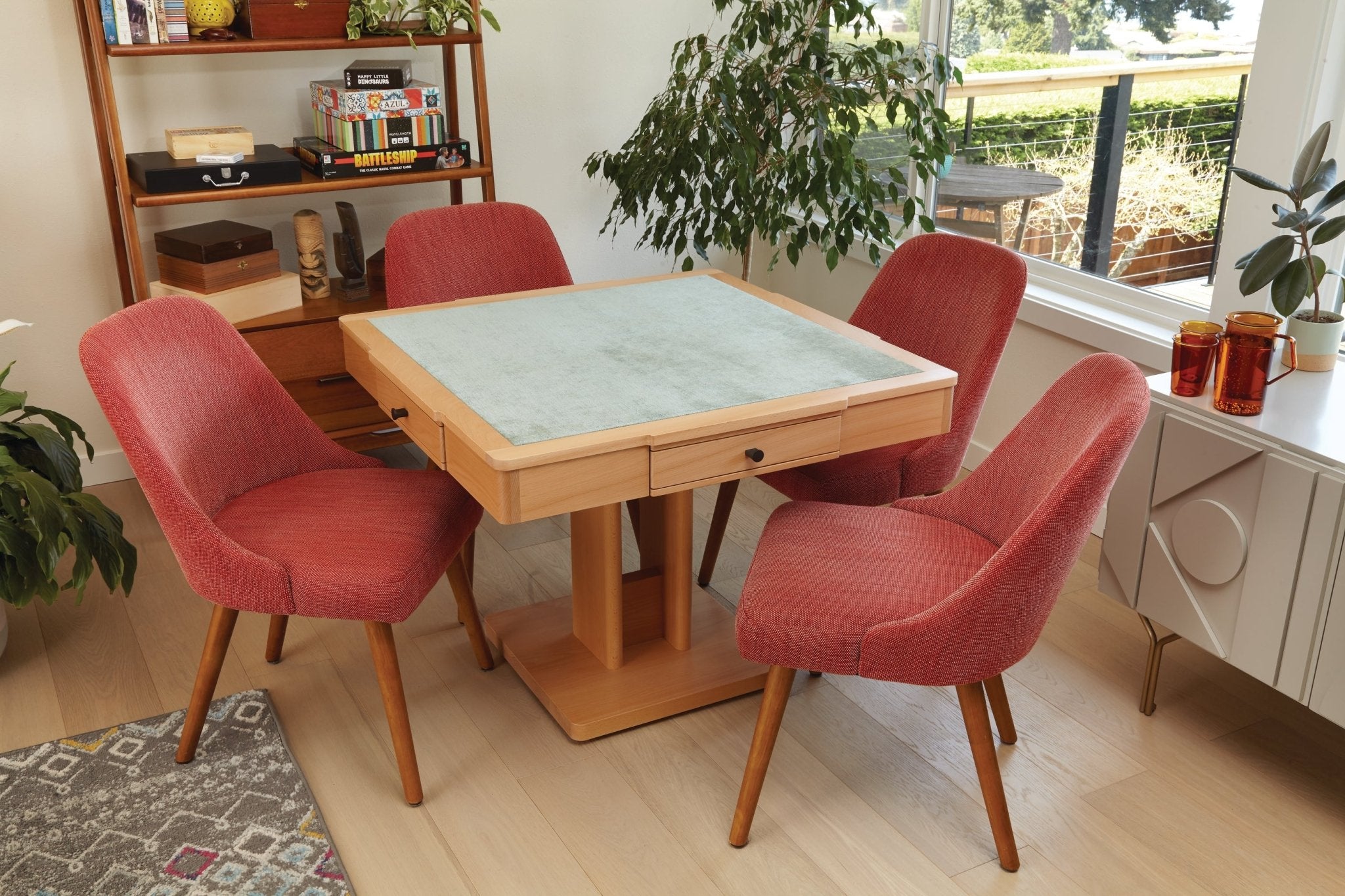What Are The Psychological Benefits Of Board Games for Adults & Children?
Board games are one of the best ways to unwind and make memories with friends and family. They can be cathartic and relaxing or uplifting and energizing – it all depends on the specific game being played and the vibe of your group.
But were you aware there are actual health benefits of playing board games with family or friends? Recent studies have linked board games to a variety of psychological health benefits, including decreased stress, reduced risk of Alzheimer’s and dementia, improved cognition, and more.
Other benefits exist too beyond health for all ages – games teach critical thinking skills, enhance creativity, cut back on screen time, and serve as a great way to connect individuals.
What are the psychological benefits of playing board games?

To kick things off, let's start by discussing the mental health benefits associated with playing board games. While the list is long, here are a few of the many benefits you can expect:
-
Improved cognitive function and hand eye coordination
-
Enhanced critical thinking and problem-solving skills
-
Less stress – certain games are very relaxing
-
Reduced risk of dementia and Alzheimer's in the elderly
Cognitive function, critical thinking skills, and problem-solving
One of the main ways board games can improve cognitive function is through the use of strategy and problem-solving while gaming. Many board games like Chess or Settlers of Catan require players to think ahead, plan their moves, and anticipate their opponent's actions. This type of mental exercise can help to improve memory, concentration, and decision-making skills at all ages.
Another way that board games can improve cognitive function and coordination is through the honing of your memory; games that require players to remember the locations of different pieces or cards – such as memory match games – can help improve your overall ability to recall details.
Additionally, many games involve some degree of luck and chance, which can help to improve cognitive flexibility. Our ability to adapt and adjust to changing circumstances is a critical skill, and games that involve chance can help to improve this ability.
Games as a form of stress relief
We probably don’t have to stress the importance of having healthy coping mechanisms for anxiety and difficult situations in life – the good news is, board games are an excellent way to keep your mental health in check.
Playing a new game is a scientifically supported way to relax and unwind, providing a distraction from daily stressors – whether it be work, relationships, or finances. Playing a fun game with your favorite people can shift your focus and attention away from stressors, redirecting them towards the game and providing a temporary escape.
Board games can also provide a sense of accomplishment and satisfaction: the feeling of winning a game or making progress can boost your self-esteem and mood, decrease stress levels, and promote relaxation. Through socialization with friends and family, your mood may elevate further – sometimes, just being around the right people can get your mind off things, and board game nights create that opportunity.
Games can also provide a way for people to express themselves and their emotions in a safe and non-threatening way; this can be especially beneficial for people who have difficulty expressing themselves verbally or those with short or hot tempers – games teach you patience.
The best part is – board games are fun. Unlike some other stress-relieving activities like exercise or meditation, playing board games does not require a lot of planning or practice, making them easy to incorporate in as part of your daily or weekly routine.
Reduced risk of dementia and Alzheimer’s
One of the most impressive psychological benefits of board games – particularly for the elderly – is the manner in which they keep your mind sharp. Regularly playing stimulates brain areas that can offset the risk of life-changing conditions like Alzheimer’s and dementia, or at least soften the blow a bit.
Board games activate our brains, and these kinds of mental tasks can help to slow down cognitive decline and reduce the risk of developing age-related brain conditions like dementia or Alzheimer’s. Playing games including Chess, Checkers, and crossword puzzles are an excellent way to keep your mind active and engaged – helping fight against dementia.
Similarly, board games provide a way for individuals with dementia to connect with others and maintain social relationships – a key factor in preventing these kinds of conditions from worsening. Playing games with friends and family help improve your social support system, and also provide a sense of accomplishment.
If you're playing board games with someone suffering from dementia, it's worth noting that you should choose games according to the level of cognitive decline of that individual. Simple games that involve matching, sorting, and counting are more appropriate for people with early-stage dementia; while games that require more complex problem-solving such as Chess or crosswords are better suited for individuals with moderate to advanced dementia.
What are the other benefits of playing board games?
Beyond these purely psychological benefits, there are a number of other excellent reasons to make regular game nights a priority with your loved ones – if for no other reason, games give us a reason to get together and create memories with the people who matter most.
Here are just a few additional board game benefits:
-
They help us strengthen bonds with family and friends
-
Board games challenge our creative side
-
Games improve your self-confidence
-
Your screen time could be drastically reduced

Bonding with family and friends through board games
If you and your friend group need an excuse to get together, hosting a board game night is one of the best ways to spend time together – it's also a great way to get your kids out of their rooms, offering them a fun alternative to vegging out in front of a screen.
Unlike other activities you may share with family and friends – things like watching sports or movies, playing or exercising together, or grabbing a bite to eat, board games are something everyone can enjoy. Games simply don't have any limits, nor are there any common physical restrictions to playing them.
Board gamers transcend generations – which means you'll have the opportunity to connect with both younger and older family members; making gaming a family tradition will elevate the relationship you have with your closest loved ones.
Board games enhance your creativity
Many board games teach you critical thought processes; others enhance your creativity, unlocking a part of your brain you may not have even been aware of previously. With countless board games to choose from, this hobby is perfect for those looking to expand their creative boundaries and challenge their ability to adapt on the fly.
For example, think about how role-playing games like Dungeons and Dragons work: you and your party of fellow adventurers must come up with a convincing, entertaining backstory for your character. On top of that, the campaign as a whole needs to be one that draws players in – when you host a Dungeons and Dragons game, you're jump-starting those creative juices!
Other types of games force players to creatively react to problems as well; here are some other examples:
-
Storytelling games like Once Upon a Time and The Quiet Year ask you to build a story based on a deck of cards, adding a bit of randomness to your game night
-
Buildable games such as Ticket to Ride or Carcassonne require players to be creative in planning and strategizing where to place and move their pieces
-
Word games like Scrabble and Bananagrams are won by forming tons of creative words and phrases from a random set of letters
-
Party games like Apples to Apples or Cards Against Humanity involve the need to be creative and come up with funny, witty, or unexpected answers to prompts
Clearly, board games offer the best of both worlds to our brains: working the left and right sides alike.
Improving your confidence with games
Self-confidence is something that many of us seem to be lacking nowadays, through no fault of our own. Society is simply set up in a way that limits us sometimes, and one of the best ways to work on this is to find something that fulfills you and offers a sense of tangible accomplishment. To many of us, board games are a super accessible way to build confidence!
First and foremost, the skills and abilities you develop when playing board games – enhanced creativity, improved cognitive function, and greater memory formation or recall – will have your confidence surging, helping you out when you encounter real-world problems. Practicing essential cognitive skills is a confidence booster.
Another way board gaming can help improve self-confidence is through forcing you to make tough decisions. Players must make decisions and take risks while gaming – all the while contained in a safe environment without real-world consequences.
But perhaps the most obvious way in which board games can improve your self-esteem is through their competitive nature. Nothing creates a greater feeling of accomplishment than winning – even if there aren't any real stakes involved. Simply having a few bragging rights among your inner circle is reason enough to play board games regularly.
Finally, board games can build up your confidence in social situations and group settings. Certain board games teach you invaluable communication skills – you’ll feel confident navigating group projects and team meetings, or any other real-world scenarios that present themselves. This kind of confidence building is particularly important for shy children who struggle with social settings and making new friends.
Cutting back on screen time and digital addiction
Spending all your waking hours in front of a screen can lead to a variety of negative consequences, both physical and psychological – including issues like poor sleep habits, stress and anxiety, weight gain, headaches, and more. In our digital world, we’re likely all guilty of this to some degree, and cutting back is a no-brainer if you have a problem with screen addiction.
You can get the entire family or friend group to take a break together, reaping the rewards associated with playing competitive games together. Playing board games with friends is one of the most engaging ways to get away from your digital reality – you may not even be aware how long you’ve gone without checking your phone because of how much fun you’re having.
Tips and tricks for benefiting from board games

Because board games can lead to countless health benefits, there's no real reason not to try playing a game or two. You're likely to end up benefiting from them – but what's the best way to get started? How can you start experiencing the benefits of board games first-hand?
Let's cover some of our favorite games and explain how to create a space for gaming if you don’t already have one; from there, it’s just a matter of getting the gang together and letting the good times roll:
The best games to get started with
If you don’t already have a board game in mind – or you’re looking for some new ones to keep things fresh, we’ve got a few resources tailor-fit for you. Check out our guide on the best board games of all time – these are an excellent starting point.
You should also do a little research on the best cooperative board games: one of the better genres for larger groups and big gatherings. If you’re more interested in card games, check out our tier list covering the best card games with a standard deck.
With just a single deck of cards, you have access to hundreds of different games – you could even look into hosting a poker night, if that strikes your fancy. It doesn’t matter what you play, really, as long as you’ve got good company and you make game nights a regular thing, you’ll end up enjoying a host of benefits while playing with family or friends.
Dedicate a special space to gaming
Once you know what you’re going to play, you need to figure out where you’re going to play it.
Not everyone has the space for a dedicated game room – but even in these cases, learning about some simple small game room ideas could light a fire under you, sparking your creative energy. If it's more likely you’ll play in either the living room or dining room, all that really matters is everyone has ample space to spread out and enjoy the activity.
If you're short on space, you may want to consider buying a multipurpose piece of gaming furniture, one that converts your dining room into a living-dining room combo.
For those looking for custom-made gaming solutions, we present:
-
The Dresden, our custom game board dining table that doubles as a convertible dining space
-
The Eolian, our space-saving game board shelving system made from 100% bamboo
Handcrafted from luxury wood and brought to life with unparalleled attention to detail, the Dresden is a gaming masterpiece with the ability to transform the way you and your family, friends, and guests dine and game together.
Designed to fit anywhere and customized to your exact specifications, the Dresden can be fitted with an array of aesthetic options and woodgrains to seamlessly blend in with the rest of your home.
Final thoughts
Wrapping up our thoughts on the psychological benefits of playing board games, it’s easy to see why gaming has been around for generations – and only continues to become more popular.
From helping improve cognitive skills and creativity to lowering the risk of degenerative brain conditions, what more of a reason do you need to get your friends chatting about games and scheduling a few meetups in the near future?
You have two things left to do: choose your game and go and have as much fun as possible.



